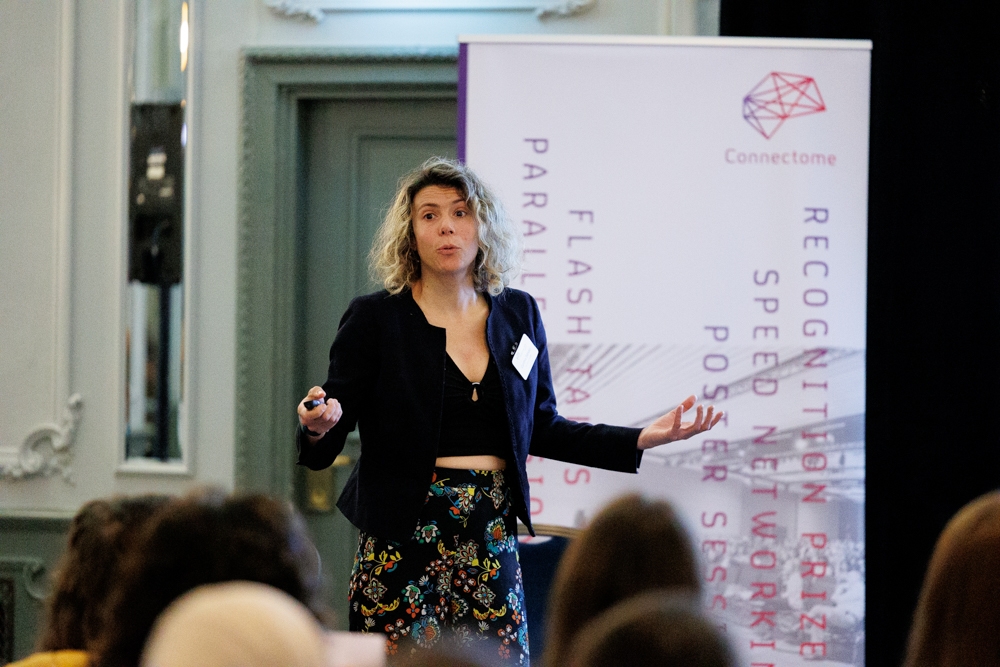Dr Sandor’s new award will be used to investigate T cells, a type of white blood cell involved in the adaptive immune system, which mounts a targeted and highly specific response to infection. Emerging research suggests these cells may also be important in Parkinson’s. She explained:
“It is a relatively new hypothesis that T cells may play a key role in the disease's development. Notably, these T cells are present during the preclinical stages of the disease and tend to decline in the later stages. Understanding how T cells contribute to Parkinson’s could be crucial in developing preventive treatments for a disease that currently has no cure.”
Approaching this from a unique angle, Dr Sandor will examine T cells in people at risk of developing Parkinson’s, rather than those who have already been diagnosed. This will allow her to gain a better understanding of the role of T cells in the development of the disease.
Dr Sandor added:
“The role of T cells in Parkinson's is a multidisciplinary challenge that cannot be solved from a single perspective. This is why I decided to apply for an FLF, as it is the ideal fellowship for integrating different disciplines such as genetics, single-cell analysis, immunology, neuropatholagy, clinics, AI, and more.”
Prof Dame Ottoline Leyser, Chief Executive of UK Research and Innovation (UKRI), said:
"UKRI’s Future Leaders Fellowships provide researchers and innovators with long-term support and training, giving them the freedom to explore adventurous new ideas, and to build dynamic careers that break down the boundaries between sectors and disciplines.
The fellows announced today illustrate how this scheme empowers talented researchers and innovators to build the diverse and connected research and innovation system we need to shorten the distance between discovery and prosperity across the UK. "
To find out more about Dr Cynthia Sandor's research, visit her UK DRI profile.To stay up to date on the latest research news and institute updates, sign up to receive our monthly newsletter, ‘Inside Eye on UK DRI’.
Article published: 4 December 2023
Banner image: Copyright UK DRI Ltd.


